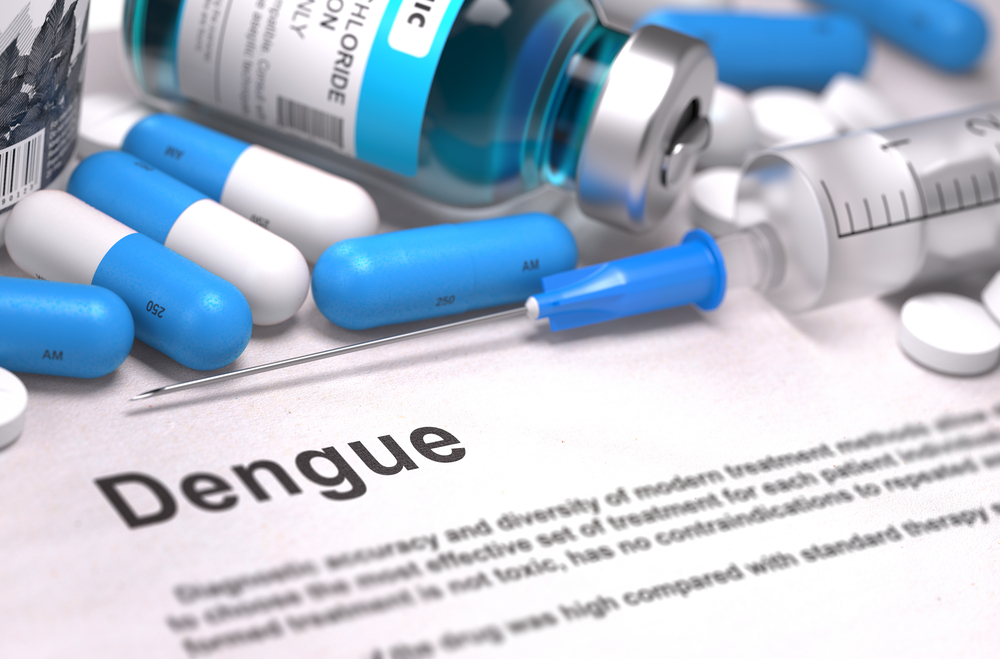
How to Treat Dengue: Things to Consider
Dengue fever is typically a self-limited illness. There is no precise antiviral treatment currently offered for dengue fever. Supportive care with analgesics, fluid replacement, and bed rest is typically enough. Acetaminophen may be used to treat fever and dismiss other symptoms. Aspirin, nonsteroidal anti-inflammatory drugs (NSAIDs), and corticosteroids must be avoided.
Management of severe dengue involves careful attention to fluid management and proactive treatment of hemorrhage.
Single-dose methylprednisolone showed no transient benefit in the treatment of dengue shock syndrome in a prospective, randomized, double-blind, placebo-controlled trial.
Suspected Dengue
Oral rehydration therapy is suggested for patients with adequate dehydration caused by high fever and vomiting. Patients with known or suspected dengue fever should have their platelet count and hematocrit measured daily from the third day of illness until 1-2 days after defervescence.
Patients with clinical signs of dehydration and those with an increasing hematocrit level or falling platelet count should have intravascular volume deficits changed under close observation. Those who recover can continue to be examined in an outpatient setting, and those who do not recover should be admitted to the hospital for continued hydration.
Admission for intravenous fluid administration is designated for patients who develop signs of dehydration, such as the following:
Severe Dengue
Successful management of severe dengue requires cautious attention to fluid management and proactive treatment of hemorrhage. Admission to an intensive care unit is designated for patients with dengue shock syndrome.
Patients may need a central intravenous line for volume replacement and an arterial line for precise blood pressure monitoring and regular blood tests. Exercise caution when placing intravascular catheters because of the increased bleeding problems of dengue hemorrhagic fever. Urethral catheterization may be useful to firmly monitor urine output.
Intravascular volume shortages should be corrected with isotonic fluids such as Ringer lactate solution. Boluses of 10-20 mL/kg should be given over 20 minutes and may be repeated. If this fails to correct the shortage, the hematocrit value should be determined. If it is increasing, limited clinical information recommends that a plasma expander may be administered.
If the patient does not recover after infusion of a plasma expander, blood loss should be measured. Patients with internal or gastrointestinal bleeding may need transfusion, and patients with coagulopathy may require fresh frozen plasma.
After patients with dehydration are stabilized, they typically require intravenous fluids for not more than 24-48 hours. Intravenous fluids should be stopped when the hematocrit falls below 40% and sufficient intravascular volume exists.
Patients with dengue hemorrhagic fever or dengue shock syndrome may be discharged from the hospital when they meet the following criteria:
-Medical Observer
Overweight and obesity are defined as abnormal or excessive fat accumulation that presents a risk to health. A body mass […]
Around 27 million Filipino adults are overweight or obese, according to the latest National Nutrition Survey conducted by the Food […]
Advances in scientific and technological knowledge have provided unprecedented advantages in terms of immeasurable convenience in our daily living, lightning-fast […]